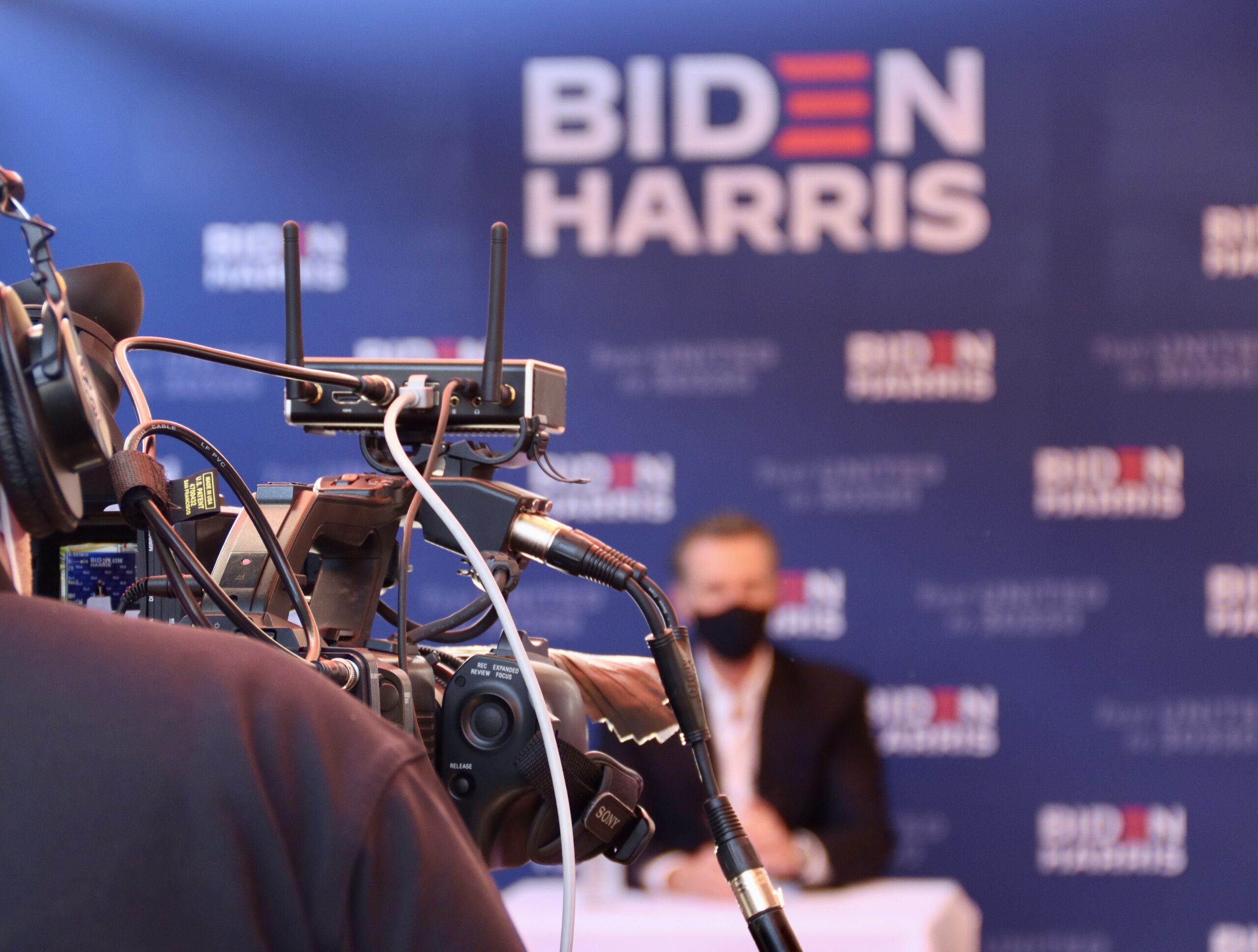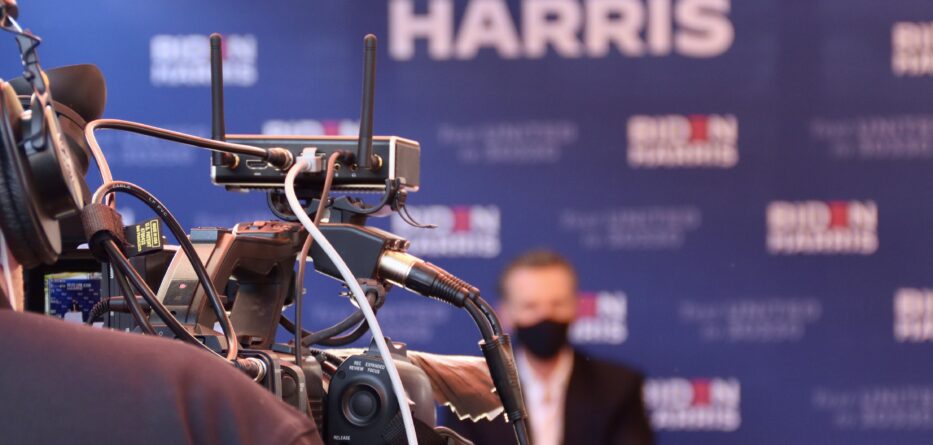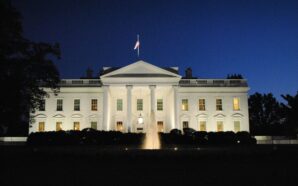

Credit: Unsplash
President Biden’s re-election strategy balances White House proximity with campaign focus in a unique approach to the upcoming election.
With less than ten months until the 2024 election, President Biden’s re-election campaign is taking shape, navigating a unique dual-center structure that reflects the administration’s priorities and challenges.
Despite the traditional focus on campaign headquarters, the nerve center of President Biden’s bid for a second term is within feet of the Oval Office, where he and his chief strategist, Mike Donilon, are strategically planning the next steps. Discussions on when to transition to the campaign headquarters in Delaware have been ongoing, with considerations for after the 2022 midterms, the 2023 off-year elections, and the end of 2023. However, President Biden’s preference to keep key advisors close has delayed a full transition.
Anita Dunn, a pivotal figure in the Democratic Party, is concurrently shaping the re-election message while managing communications at the White House. Similarly, Jen O’Malley Dillon, the deputy White House chief of staff and former campaign manager, balances her responsibilities between the White House and the campaign.
Joe Biden doesn’t even know what day it is.
Does he even know what he’s signing in the Oval Office? No way.
He’s a Roomba wandering around the White House.
And @RonnyJacksonTX says Biden’s cratering cognitive ability is evidence of a larger cover-up https://t.co/ryRPKsBD5t pic.twitter.com/wkXNUYtXsI
— Donald Trump Jr. (@DonaldJTrumpJr) January 9, 2024
While some express concern about this split focus, campaign spokesperson Kevin Munoz emphasized that the campaign’s structure is designed to address the urgency of the 2024 election, countering the existential threat posed by Donald Trump and MAGA Republicans.
Former President Barack Obama recently discussed the urgency of the 2024 election and the campaign’s structure with President Biden, reflecting the growing concern within Democratic circles. This sentiment is echoed by Democratic operatives who worry that the current setup might hinder the campaign’s effectiveness in a fiercely contested election.
Despite the internal debate and anxiety, the campaign has seen recent momentum, including President Biden’s direct address to former President Trump and his supporters on the anniversary of the January 6th Capitol riot. This move has been interpreted as a response to the calls for a more aggressive campaign strategy.
The campaign has also been strategically building its team, with Julie Chávez Rodríguez leading the effort in Wilmington, Delaware. While most of the president’s top White House advisors remain in Washington, the campaign is gradually expanding its team in preparation for the intensifying election cycle.
As the 2024 election approaches, the Biden campaign aims to focus on building its coalition and gradually scaling up its operations to engage voters effectively. Recent hires and planned advertisements in battleground states signal the campaign’s proactive approach to the upcoming election season.
Al-Shabab Seizes UN Helicopter in Somalia
-
President Joe Biden faced a critical moment on Tuesday as he secured his position for the Democratic nomination amidst...
-
The Federal Reserve announced today that all 31 banks participating in its annual stress test have demonstrated their ability...
-
The Biden administration has announced sanctions against the Israeli group “Tsav 9” for obstructing humanitarian convoys to Gaza. The...
-
As the 2024 election approaches, questions about the financing of former President Donald Trump’s campaign and his legal expenses...
-
As the November election looms, immigration and border policy are hot topics for voters like Laura Grant, an insurance...
-
Iranian authorities have confirmed that President Ebrahim Raisi and seven other officials were killed in a helicopter crash on...
-
As the United States continues its support for Ukraine, FBI officials are closely monitoring the possibility of increased Russian...
-
As the clock ticks down to the pivotal election, America finds itself navigating a political minefield, with both parties...
-
Joe Biden Passes Questioning Remarks Towards Japan President Joe Biden recently made remarks at a Washington, D.C. fundraiser, where...
-
Federal investigation targets McKinsey’s consulting practices with opioid makers. McKinsey & Co finds itself at the center of a...
-
An appeals court in Texas has delivered a significant victory to attorney Sidney Powell, upholding a state court judge’s...
-
President Joe Biden’s reelection strategy takes a surprising turn as the Rust Belt, not the Sun Belt, emerges as...




















